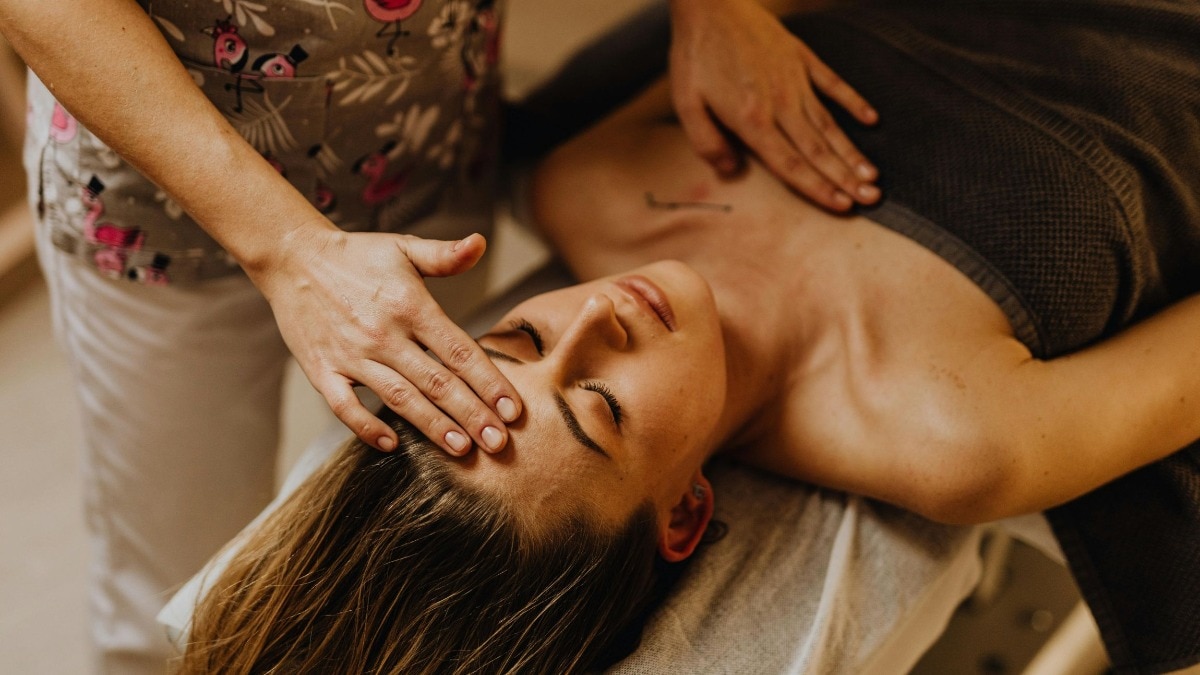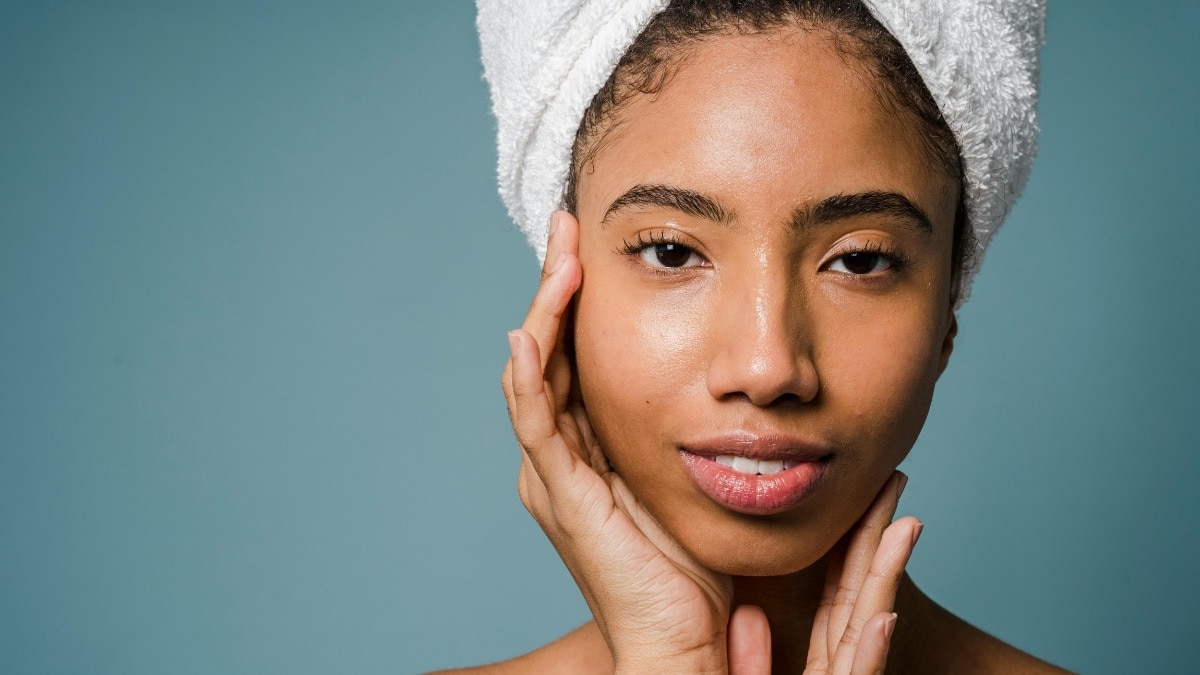The role of sex education in empowering young girls
The more you know, the more you grow.


With each passing day I spend with my partner, I understand her better, as a person and woman. Recently, when discussing menstruation, she shared with me her experience of the first time she got her period. I was also candid and shared with her that I had no clue about menstruation until I was 23.
The conversation got me thinking, and I couldn’t help but wonder if others, especially young girls—who should know what’s happening with their bodies—get the necessary age-appropriate sex education. I’d like to believe that things are changing, and though it’s been a gradual shift, it's a great one.
How can I say this? Because I’m surrounded by women whose infectious energy, charm, and determination perfectly embody how well and truly empowered they are.
The importance of creating safe space
World over, women have been systematically marginalised; they have been bearing the brunt of deep-rooted patriarchy. Social stigmas are attached to conversations about menstruation and sex even today. The girl child doesn't have the agency or a safe space to discuss or share their experience about the changes in their bodies and how they feel about it. This often leads to actions that can have long-lasting effects on their mental and physical health. It is important to give them the opportunity and safe environment to have conversations about their body.
How sex education helps
Sex education teaches an individual about self-acceptance, and helps them cultivate a sense of responsibility towards self and others. Understanding human anatomy will set a foundation for their development and their interpersonal relationship.
They want to be well aware of their bodies, have healthy relationships, and be safe when they are sexually active. This is possible only with sex education.
Sex education is not a tick in the box when it comes to learning
Most women I spoke to told me how their introduction to sex education was a brief class where the boys were asked to step out. According to Mehezabin Dordi, clinical psychologist, Sir H N Reliance Foundation Hospital, Mumbai, it’s not this division, but the lack of any information given in further classes that’s the problem. “People look at a sex ed class as a once a year occurrence. It should take place at various stages in their lives. In fact, the earliest age when one can talk about it, according to reports, is when a kid is one. It makes sense to divide the class into girls and boys because the topics are such, but there are basics where everyone can sit together. At the end of the day, what matters the most is that it cannot be just a tick in the box. It has to be a continuous conversation.”
How women are empowered through sex education
“Along with it promoting more conversations about sexuality, and reproductive health, sex-ed helps girls make more informed decisions to begin with. It also enhances how they perceive their body and improving their body image. Take for example, in my school-going days, there were girls with big breasts who were ostracized and discouraged from taking part in any activities. Girls who blossom earlier tend to have low self-esteem,” says Dordi. In addition to this, there are many other advantages of imparting education among children.
1. It can help teen girls understand that attraction to any sex is a biological phenomenon.
2. It can do away with the taboo and stigma surrounding sex.
3. It can educate teen girls on health issues related to sex and lower the rates of teenage pregnancy.
4. It can prevent gender and sex related injuries and violence.
5. It can enhance the psychological, sexual, and reproductive health of teen girls.
Learn and share
After discussing sex education with my colleagues, Sarah Khalkho and Maahi Shah, I understood how much they, as women, have had to do to normalise the conversation at home. “I got my period early, but couldn’t talk to anyone because they weren’t going through the same. Plus, my mother didn’t explain it to me about it. I am an avid reader so I knew what was happening to me and why it was so. Thanks to this, I could educate my younger brother about periods even before he read about it in school. He was surprised but open and respectful of what I, his sister am dealing with,” says Khalkho. Shah, too, knows what Khalkho is talking about, “It’s not normalised enough. I’m trying to do that at home, but I don’t think it’s normal in general. And it’s not a girl thing. I think young boys need to know about—I keep telling my brother what a girl goes through during her periods and how and why to be mindful and sensitive about what we are going through.”
As far as feeling empowered is concerned, Shah says that sex education is never enough before speaking about what needs to be done. “When you’re a teenager, you feel insecure about your body. There are so many hormonal changes. Even if you know about it, you don’t understand it. Knowing a little helps you be more confident about yourself. As far as the conversations with my girl friends go, it’s pretty much the same. When it comes to the boys, they’re taken by surprise when I talk about these things. Because they come with a lot of pre-conceived notions and biases, all you can do is try to change that and explain to them that that’s not how it works.”
What we need to do
A girl’s right to make autonomous decisions about her life, body, and reproductive functions is at the core of her fundamental rights to liberty, equality, and privacy.
Investing in girls’ education is not only an investment in the personal safety of a girl but an investment in the safety of society as a whole. When women are provided the same opportunities as men, it helps individual women and society as a whole.










